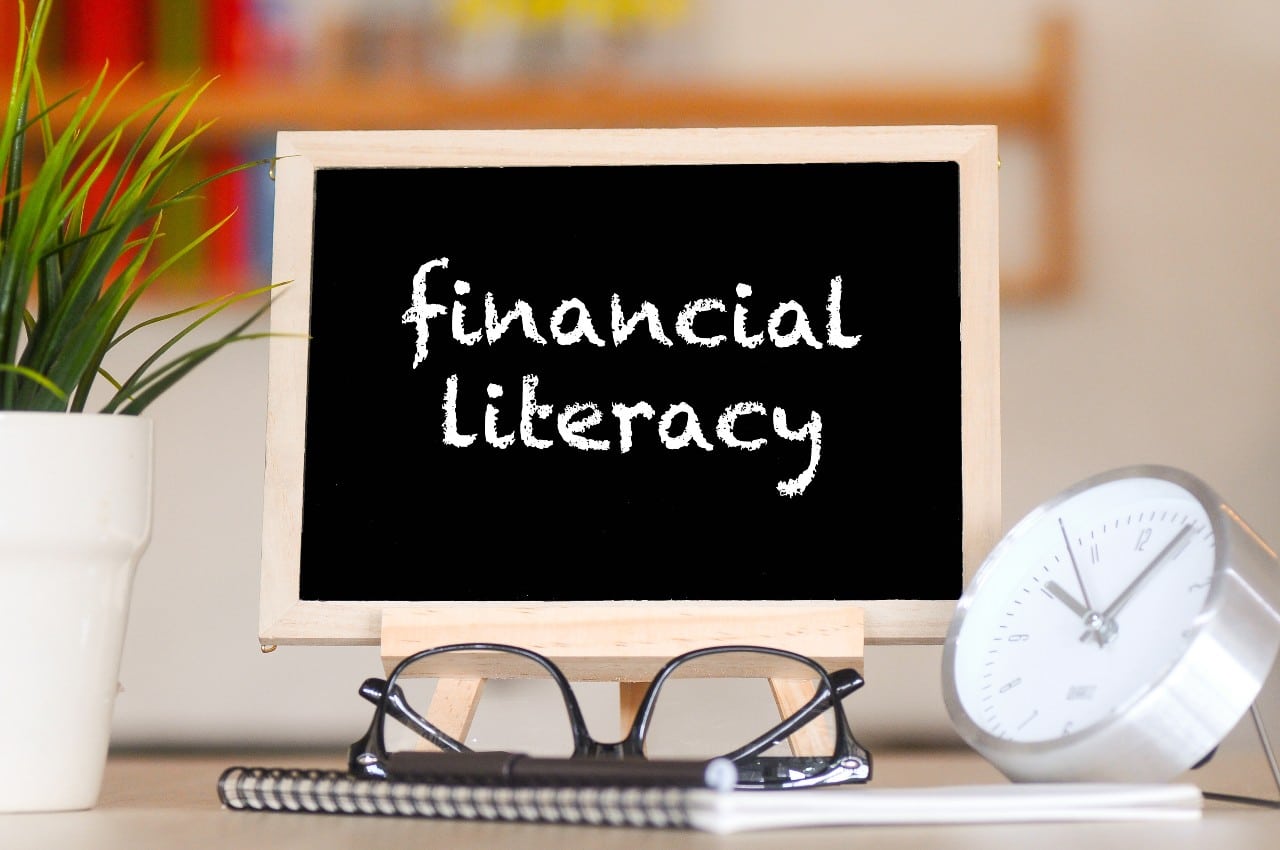As Financial Literacy Month draws to a close, we talk about your financial rights and how you can stay protected. While it’s important to earn more and save more to build financial independence, another important piece of the puzzle is protecting your financial rights. Being knowledgeable about what financial protection is available sets you up for success when it comes to financial decision-making. Arming yourself with the knowledge of your rights will also help you advocate for yourself should the need arise. These protections haven’t always been available. In other words, they are there to be used. This is especially true for women.
In 1884 in Ontario and 1900 in Manitoba, the Married Women’s Property Act was passed. This made it possible for married women in these provinces to have the same legal rights as men. Women could now buy property and enter into legal agreements. The rest of the country followed suit over time. Quebec eventually signed the Married Women’s Property Act in 1964. This was one of the first steps towards women’s financial independence in Canada.
The good news is, there are organizations that advocate for the rights of Canadians. They look out for your rights for both investment and borrowing. Spanning from government to charities, these organizations work to ensure your rights are lawfully protected.
Organizations tasked with financial protection
There are various government agencies and nonprofits alike that are focused on protecting your money and financial rights. Awareness of these organizations and their practices allows you to be more confident in your financial decisions.
Financial Consumer Agency of Canada
The Financial Consumer Agency of Canada (FCAC) supervises federally regulated financial corporations, such as banks and credit unions. It is a federal agency that is responsible for the protection of consumer rights. The FCAC supervises these financial entities to ensure their compliance with legislation about consumer protection. It also provides guidelines for these entities. The institutions are expected to adhere to it and carry out their obligations.
FAIR Canada
FAIR Canada is a registered charity which advocates for investor rights in Canada. They work on advocacy of fair treatment, educating investors on issues, and providing an objective outlook on regulatory issues to foster advancement in terms of fairness and protection. FAIR Canada supports enhanced corporate governance and aims to educate investors on new developments and policies.
Competition Bureau Canada
Competition Bureau Canada is an independent law enforcement agency. Their goal is to protect and promote competition, with the goal of benefiting consumers and businesses in the Canadian landscape.
Healthy competition leads to innovation and business growth for companies. It also provides better prices and offerings for customers. This in turn leads to a stronger economy.
In addition to their commitment to fostering competition, they work on issues as varied as marketing practices, labelling of food and precious metals, and mergers and acquisitions.
Canadian Deposit Insurance Corporation
The Canadian Deposit Insurance Corporation (CDIC) is a Canadian federal Crown Corporation, established by the Parliament in 1967. They provide deposit insurance coverage of $100,000 per eligible category, per financial institution. Through them, your deposits are protected in case the financial institution is facing issues. This not only protects consumer rights but also promotes the stability of the financial system in Canada.
They work to resolve member institutions in case of financial difficulties. This also contributes to stabilizing the financial system as a whole, benefiting the economic landscape for all Canadians. The goal of the CDIC is to help protect the Canadian economy and taxpayers while keeping Canadians informed about the security of their personal deposits.
Financial protection when borrowing money
Credit cards
- The financial institution must provide clear information at the time of application. This includes interest rates and other fees or charges.
- You have the right to ask questions and request clarification or an explanation if you are unclear about any of the charges.
- Your credit card statement must be clear about transaction details, interest charges, and payment dates.
- The credit card issuer must also communicate any changes in your credit card’s features or terms to you in a clear manner, in writing. This must be done 30 days before the changes take effect.
- Any credit limit increases should only be done after your express consent.
Mortgages
- The lender must disclose information to you in a disclosure statement.
- Your lender is responsible for providing information about the principal, advances, payments, term, amortization period, annual interest rate, annual percentage rate, prepayment privileges, penalty charges, default insurance cost, and any other charges.
- The lender must communicate any changes to your original mortgage agreement in writing. They must disclose all the details pertaining to these changes, no later than 30 days after making the change.
- Your lender has to disclose information about your mortgage renewal a minimum of 21 days before the end of the term.
Banking
- The financial institution must provide you with a copy of the account agreement which must include a list of associated charges such as interest rate, payment frequency and cheque hold periods.
- Your bank must send you electronic alerts when your account balance falls below $100 or an amount specified by you.
- Similarly, electronic alerts must be sent when the credit available on your credit card falls below $100 or an amount specified by you.
- There are rules for online banking, cashing cheques, as well as banking services for seniors. Financial institutions are obligated to follow the rules and respect consumer rights.
Savings and investments
- If you are buying a GIC or term deposit, there are rules in place to ensure the security of your investments.
- If you are buying a GIC or term deposit, they must disclose information such as the term, when the principal will be repaid to you, how the interest will be paid to you, the interest rate and associated calculations, any applicable charges, and more.
- They must also disclose whether the product is insured by the CDIC.
- They must inform you in writing before changing the terms and conditions of your product, and they must disclose any requested information about the investment’s current value.
- The institution may choose to automatically reinvest your funds when the original investment ends. You can cancel a new investment within 10 business days of the start of the new term.
- Banks must disclose information about renewals or rollovers. If the term of the product is 30 days or less, they must disclose information 5 days before the last day.
- If the term is more than 30 days, they should disclose this information 21 days as well as 5 days before the last day of the term.
Key takeaways
A large part of financial literacy is awareness. Being aware of your rights, rules, and regulations will give you peace of mind. When you have the right knowledge, you can then use it to make strong financial decisions.
This could take the form of choosing to use a lower-interest credit card for your necessities or paying off a higher-interest card first. If you are dealing with financial issues and are finding it difficult to handle mortgage payments, your bank is federally expected to provide support and work with you to create relief measures.
Remember, you’re not alone. There are measures in place for your financial protection. Know your rights, and use them to protect yourself.
While there are great protective measures in place, they aren’t foolproof. If you’ve found yourself in hard times, our experts can help. Contact us today to find out more.











